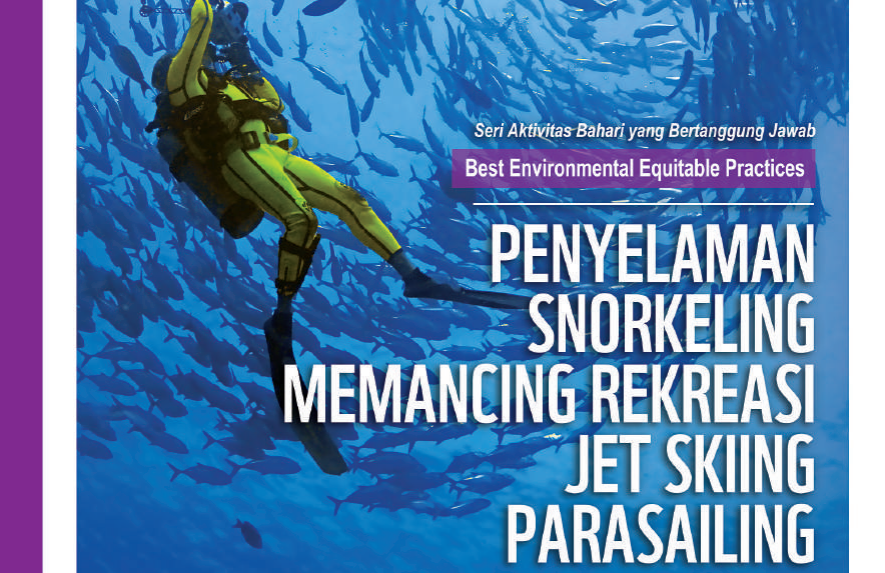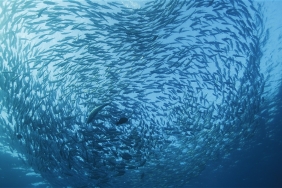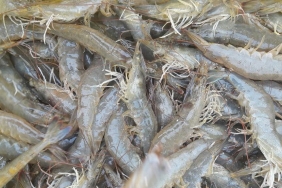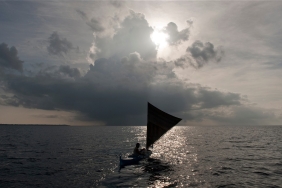BEEP - RESPONSIBLE NAUTICAL ACTIVITY SERIES
This guidebook was developed by the WWF-Indonesia Responsible Marine Tourism Program team with the support of a number of practitioners and academics.
Why do we need a guide to responsible marine activities? Marine tourism - such as diving, snorkeling, fishing, jet-skiing, parasailing and so on - is a popular activity for both recreational and sporting purposes. While they may not seem to pose a risk to the surrounding ecosystem, the interactions that enthusiasts have with these activities have the potential to cause damage. Divers getting too close to coral reefs may cause certain corals to break, and high-speed jet-skiing enthusiasts may cause stress to certain species or even disturb others in the vicinity.
Another example is that the rise of hobby fishing has caused the population of some fish and non-fish species in some fishing areas in the world, such as the Hawaiian Islands and the Caribbean, to decline dramatically. This is because hobby anglers have specific targets for the type of fish they catch and compete for the biggest fish in each fishing trip. The fish that are competed for are often fish that have important functions in the ecosystem such as snappers, groupers, and parrotfish. Declining populations of these fish can have a detrimental impact on the coral reef ecosystem as a whole. Therefore, there is a need for guidelines that can be used by tourists and tour operators in conducting fun and responsible marine activities.
The information in this series begins with a brief description of emerging issues related to the topic of impacts from diving, snorkeling, recreational fishing, jet-skiing, and parasailing. This is followed by examples of best practices to minimize the impact of tourism activities on the environment, socio-cultural and economic aspects. Not to forget, the various negative impacts arising from each tourism activity are also included.
Readers are expected to get an overview of the ecological footprint arising from each tourism activity, and further inspire readers to decide, and apply wise steps to reduce the negative impact of tourism activities on marine ecosystems and their surroundings.





